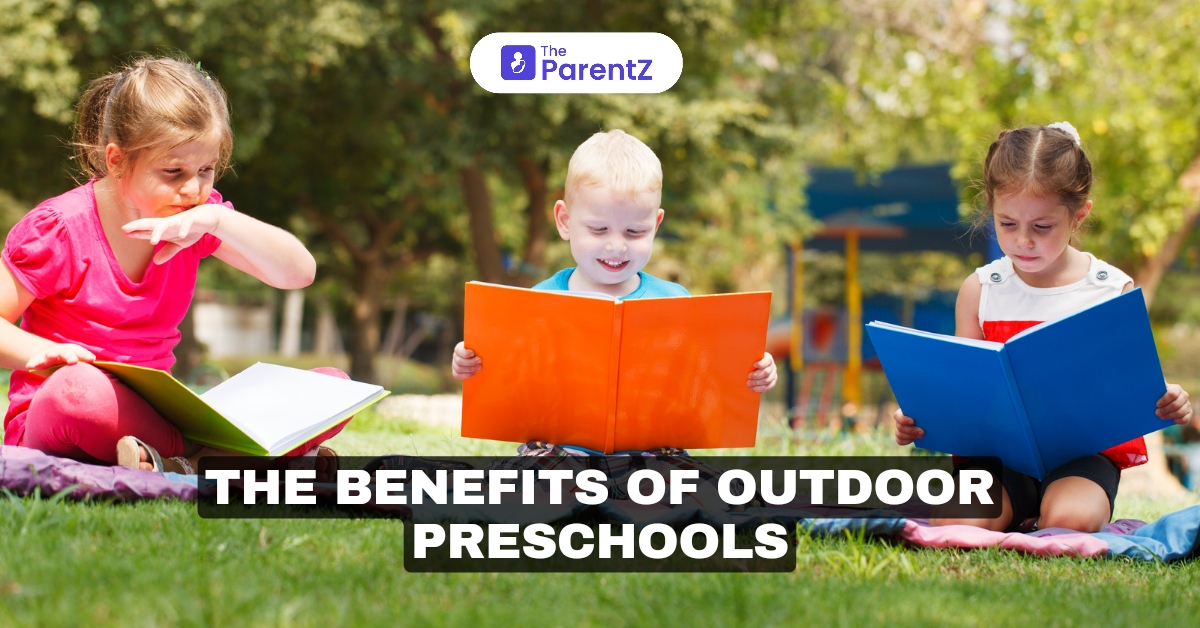Outdoor preschools have gained popularity in recent years as educators and parents recognize the myriad benefits of outdoor education for young children. These environments prioritize nature-based learning, allowing children to explore, discover, and engage with the world around them. This article delves into the extensive advantages of outdoor preschools, focusing on cognitive, physical, social, and emotional development.
Enhancing Cognitive Development
Outdoor preschools provide a rich sensory experience that stimulates cognitive growth. Children learn through exploration and play, which enhances their problem-solving skills and critical thinking abilities. Activities like navigating natural obstacles or engaging in imaginative play foster creativity and innovation.
- Problem-Solving Skills: When children encounter challenges outdoors, such as climbing a tree or crossing a stream, they learn to assess risks and develop strategies to overcome obstacles. This hands-on experience is invaluable for cognitive development.
- Environmental Awareness: Exposure to nature instills a sense of curiosity about the environment. Children learn about ecosystems, weather patterns, and the importance of conservation through direct interaction with their surroundings.
- Language Development: Outdoor settings encourage communication among peers as children engage in collaborative play. This interaction enhances vocabulary and language skills as they describe their experiences and negotiate roles in games.
Promoting Physical Health
The physical benefits of outdoor preschools are significant. Active play in natural settings promotes gross motor skills, coordination, and overall health.
- Increased Activity Levels: Outdoor play encourages movement. Children engage in running, climbing, jumping, and balancing activities that strengthen muscles and improve cardiovascular health.
- Reduced Risk of Obesity: Regular outdoor activity helps combat childhood obesity by promoting a more active lifestyle. Studies show that children who spend more time outdoors are less likely to be overweight compared to those who remain indoors.
- Vitamin D Exposure: Sunlight is essential for vitamin D synthesis, which is crucial for bone health. Outdoor preschools provide ample opportunities for children to soak up sunlight safely.
Fostering Social Skills
Social development is another critical aspect of outdoor preschools. The collaborative nature of outdoor play fosters essential social skills.
- Teamwork and Cooperation: Children learn to work together during group activities such as building forts or organizing games. This cooperation teaches them the value of teamwork and helps them develop conflict resolution skills.
- Empathy and Respect: Engaging with peers in an outdoor setting encourages children to understand different perspectives. They learn to respect boundaries, share resources, and consider the feelings of others during play.
- Building Friendships: Outdoor environments facilitate social interactions that lead to lasting friendships. Shared experiences in nature create bonds among children that can extend beyond the preschool years.
Emotional Well-being
The emotional benefits of outdoor preschools are profound. Nature has a calming effect on children, reducing stress and anxiety levels.
- Connection with Nature: Spending time outdoors fosters a sense of belonging and connection to the natural world. This connection can lead to increased environmental stewardship as children grow older.
- Boosted Self-Esteem: Mastering physical challenges in an outdoor setting boosts children's confidence. Successfully climbing a tree or navigating a trail gives them a sense of accomplishment that enhances self-esteem.
- Stress Reduction: Nature has been shown to reduce stress levels in both adults and children. The serene environment of an outdoor preschool provides a peaceful backdrop for learning and exploration.
Encouraging Creativity
Outdoor preschools stimulate creativity by providing unstructured play opportunities where children can use their imagination freely.
- Imaginative Play: Natural materials like sticks, stones, and leaves serve as props for imaginative play. Children can transform these items into anything from pirate ships to magical wands, fostering creativity.
- Exploration and Discovery: The unpredictable nature of outdoor environments encourages curiosity. Children are motivated to explore their surroundings, leading to spontaneous discoveries that enhance learning experiences.
- Artistic Expression: Many outdoor preschools incorporate art into their curriculum using natural materials. Creating art from leaves or painting with mud allows children to express themselves creatively while connecting with nature.
Conclusion
Outdoor preschools offer a holistic approach to early childhood education by integrating cognitive, physical, social, emotional, and creative development into daily activities. By prioritizing nature-based learning experiences, these educational settings prepare children for lifelong learning while fostering a deep appreciation for the environment. As society increasingly recognizes the importance of outdoor education, outdoor preschools are poised to become an integral part of early childhood education systems worldwide.









Be the first one to comment on this story.